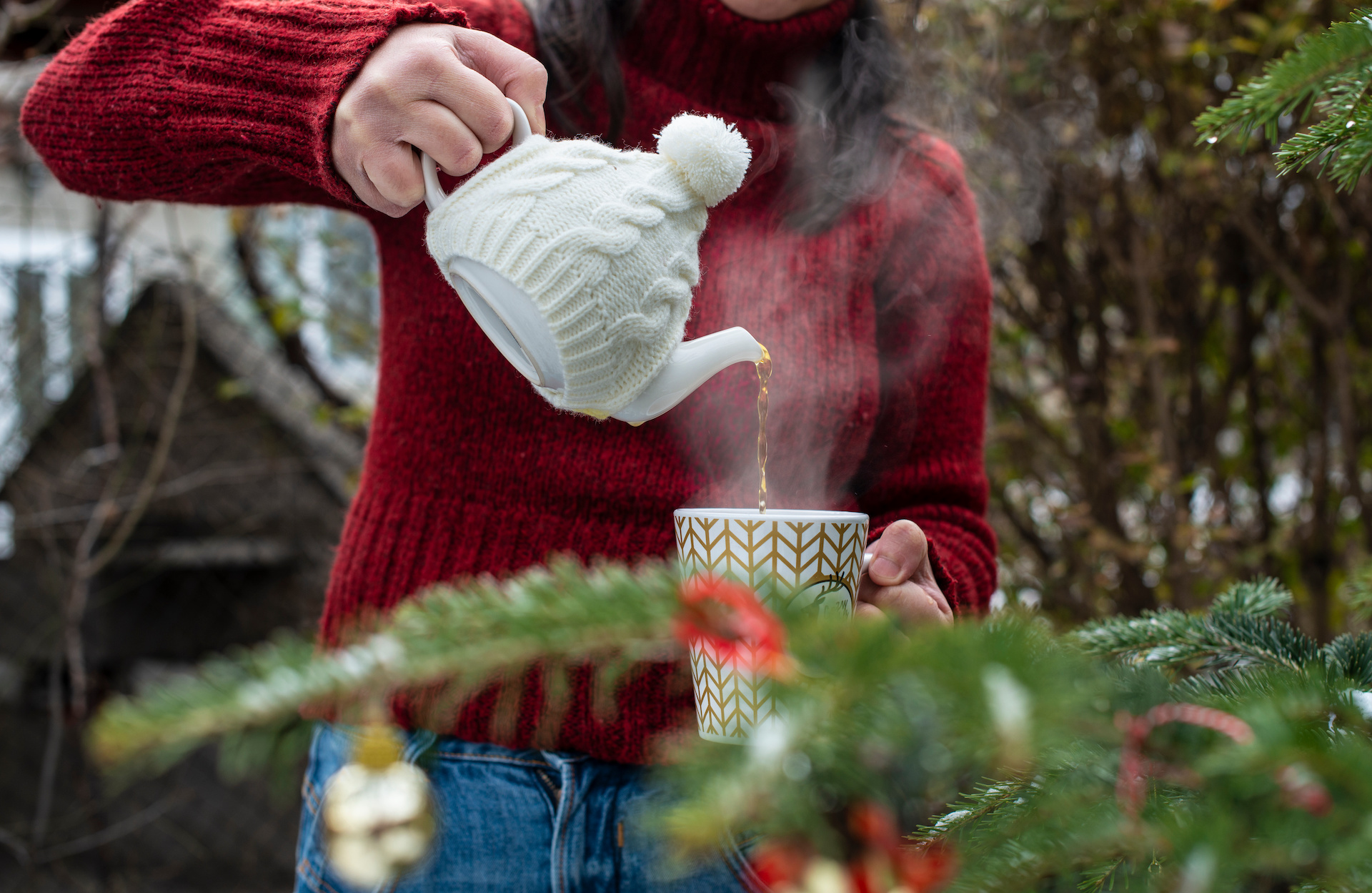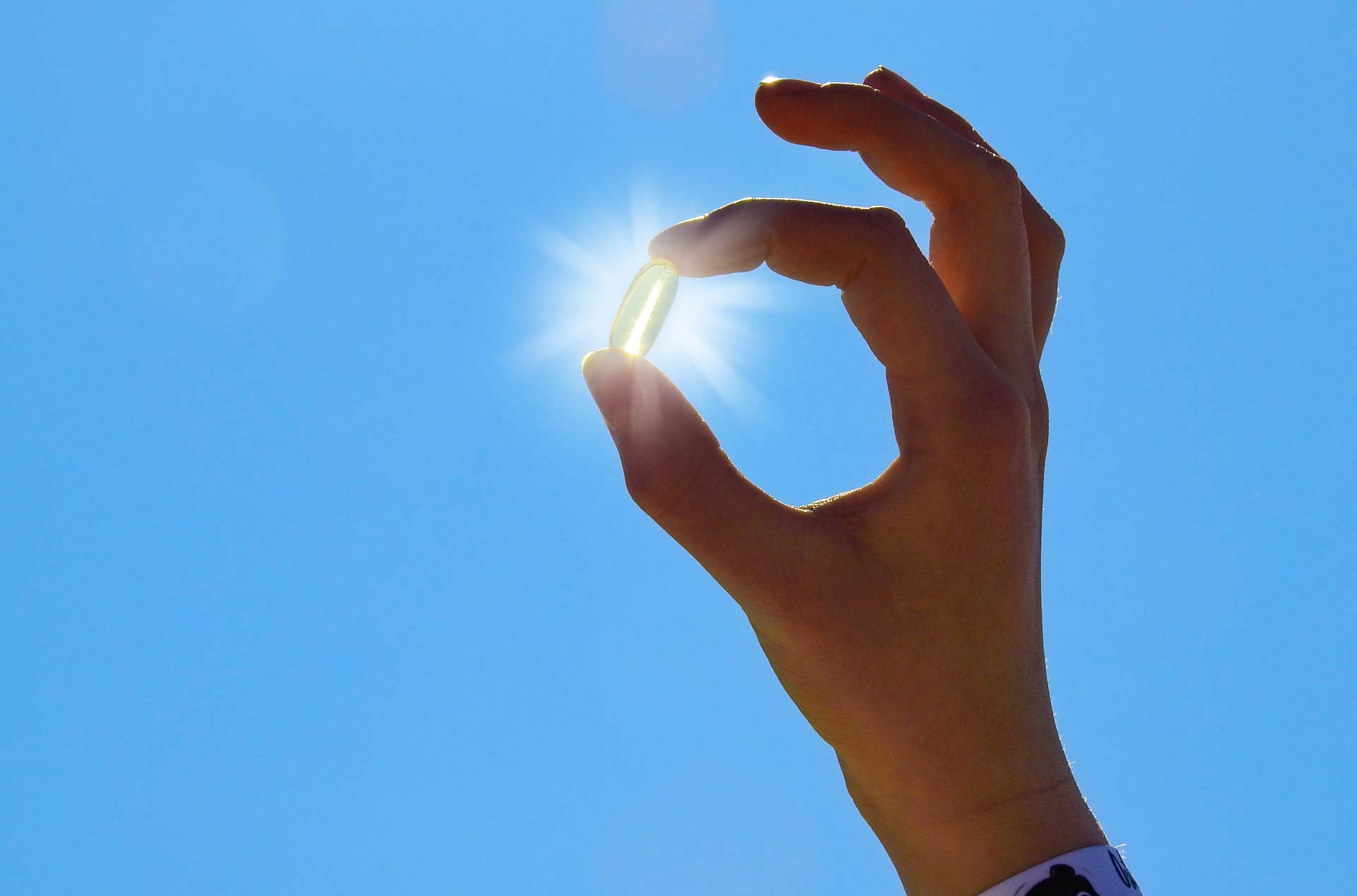We are entering the final days of the COVID pandemic, which is now being re-labelled as an endemic disease after the pandemic phase — once enough people have developed immunity to COVID-19 (through vaccination or infection). In other words, COVID-19 is expected to become a recurring disease like the flu.
We’ve all been through a very challenging two years, with lockdowns and restrictions on our civil liberties that have not been experienced before, even in times of war. The consequences of all of this on people’s mental health has been quite profound, and just as we thought there was some light at the end of the tunnel, we’ve now been threatened with nuclear annihilation and World War III.
Little wonder then, that many people are presenting with some quite serious symptoms of stress and anxiety. Unfortunately, access to conventional medicine treatment is very limited, but luckily there is a lot of help available from complementary medicine experts and also some very effective self help techniques which are of great benefit.
Digital detox
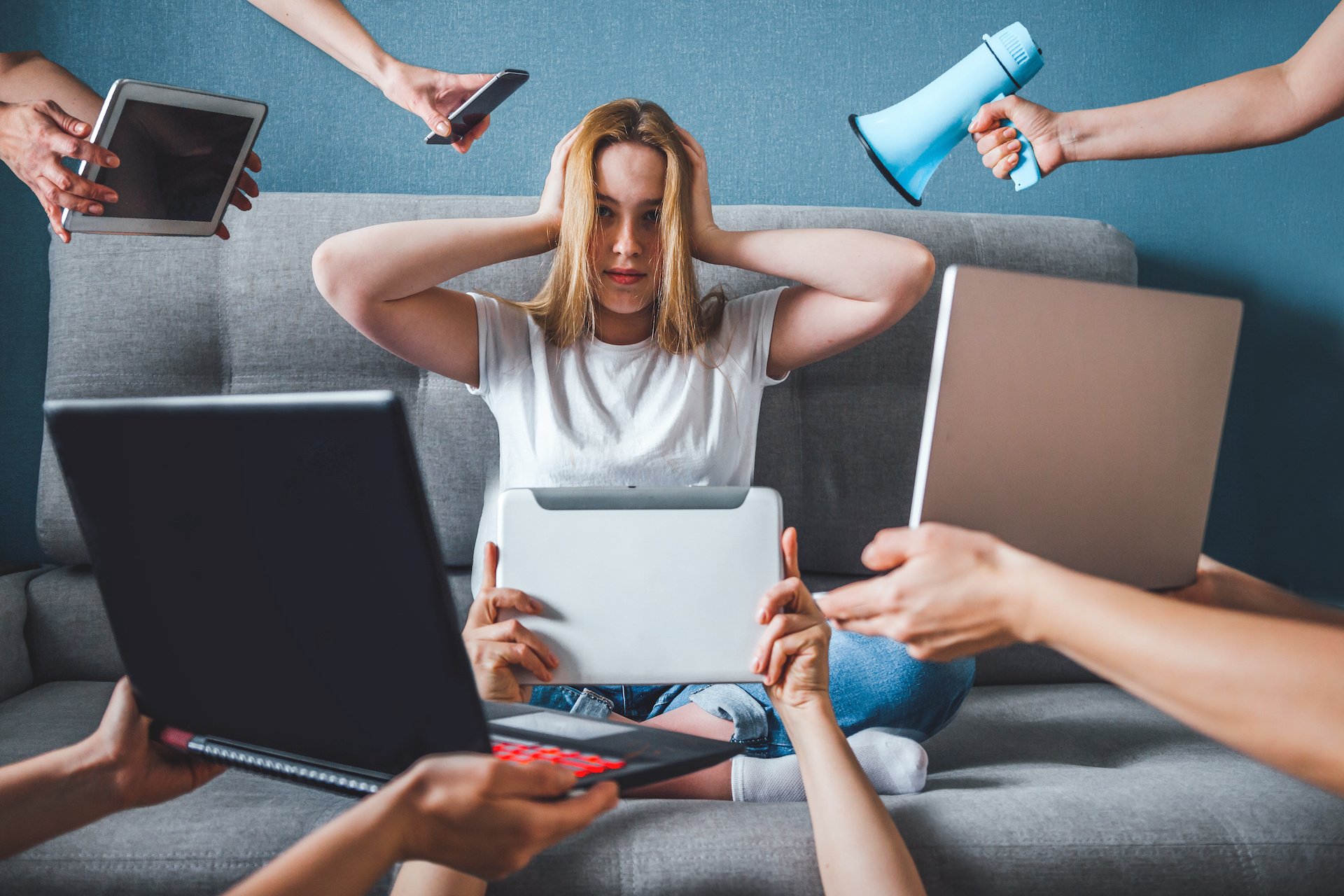
| Photo: Adobe Stock
We are all experiencing digital overload with 24/7 rolling news and scrolling for data and doom during COVID-19, as well as the war in Ukraine. Distinguishing between real and fake news from social media can be particularly challenging and feeds into greater anxiety and confusion. Also there is solid research to demonstrate a loss of sleep due to blue light exposure from tablet and mobile screens.
Good advice is to limit our exposure to news to around one hour a day. Before the digital revolution, a daily paper was the main source of news – and this was much less taxing on people’s mental state.
Blue light can also be limited by using the “sleep mode” on most tablets and phones, and newer phones also adjust blue light at night. You can reduce it further in the device’s settings.
Leave the phone at home whilst going on a pleasant walk gives you some real time out. “Forest bathing” or Shinrin-Yoku has been widely researched in Japan as an antidote to stress, and as a powerful alternative to pharmaceutical medication. Pine forests have been shown to be particularly beneficial as they release phytochemicals into the air which research has shown to reduce stress hormone markers. Some self help can be obtained from using certain essential oils, and these can be placed on a diffuser in the home. Especially beneficial are Lavender, Pine, Orange Blossom, Rose, Rosemary, German Chamomile. Blending any of these together can make a relaxing mix for those who can’t access pine forests easily.
Look after your gut
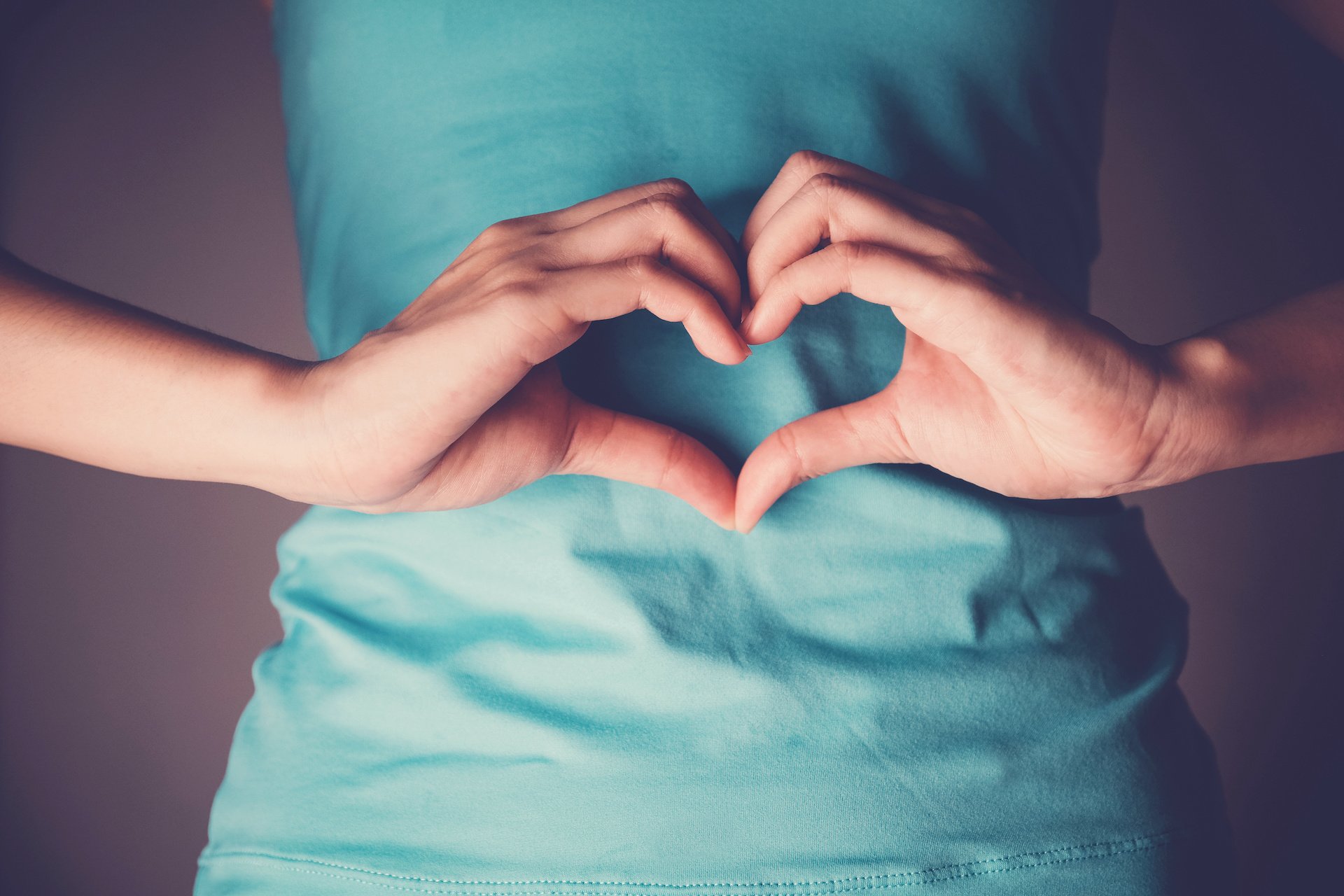
| Photo: Adobe Stock
The gut biome has been an area of extensive research, and latest findings show that Serotonin (the “happy hormone”) is produced by these friendly bacteria which populate our digestive tract. Repeated use of antibiotics and some antidepressants have been demonstrated to harm the balance of a healthy gut microbiome, and this can lead to depression, which is ironically the very thing antidepressants are aiming to treat.v
Repeat doses of antibiotics are even more catastrophic to the integrity of the gut microbiome, and can lead to lowered immunity and lowered mood. This can be addressed by including lots of pre and probiotics in the diet, fermented foods like Sauerkraut, Kefir, Blue Cheeses, Sourdough, Kombucha, Kimchi, are all particularly helpful. The Brassicas (Cabbage, Cauliflower, Broccoli, Cabbage, Brussel Sprouts etc) are very helpful to encourage friendly bacteria growth. Having healthy guts makes a very important impact on mood and anxiety.
Breathing is important
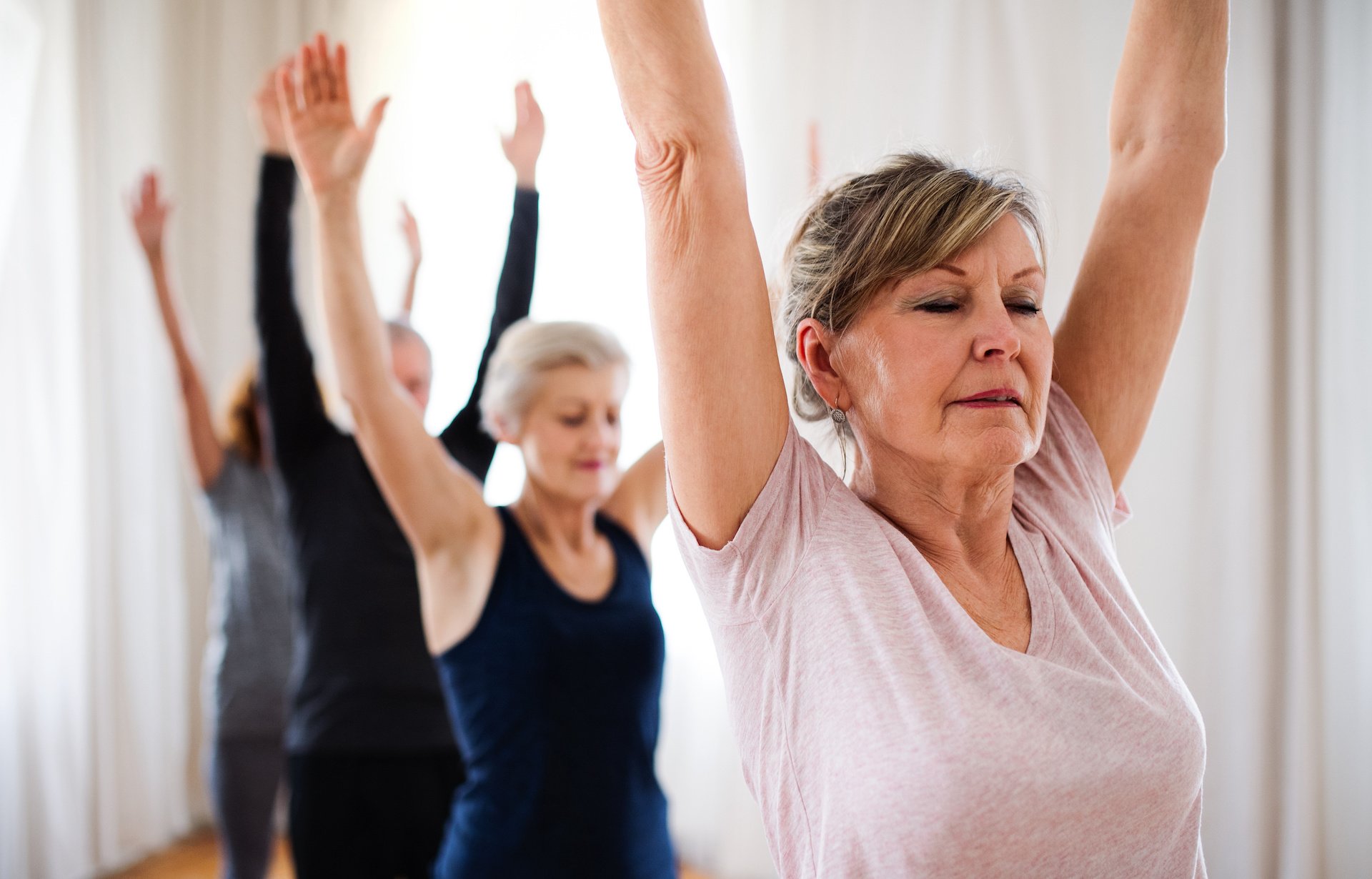
| Photo: Adobe Stock
We all know this, but the expression “take a breath!” is actually not too far removed from what we ought to do. Breathing from the diaphragm – with deep, timed inhalations and meditating have been shown to dramatically improve people’s mental health and well-being.
Indeed the ancient Asian practices of Tai Chi and Yoga work extensively on breathing techniques and research again shows that this has positive health benefits. Taking time out for some of these meditative practices can really help with anxiety states, and deep breathing adds an important dynamic to their effectiveness.
Drink (more) tea!
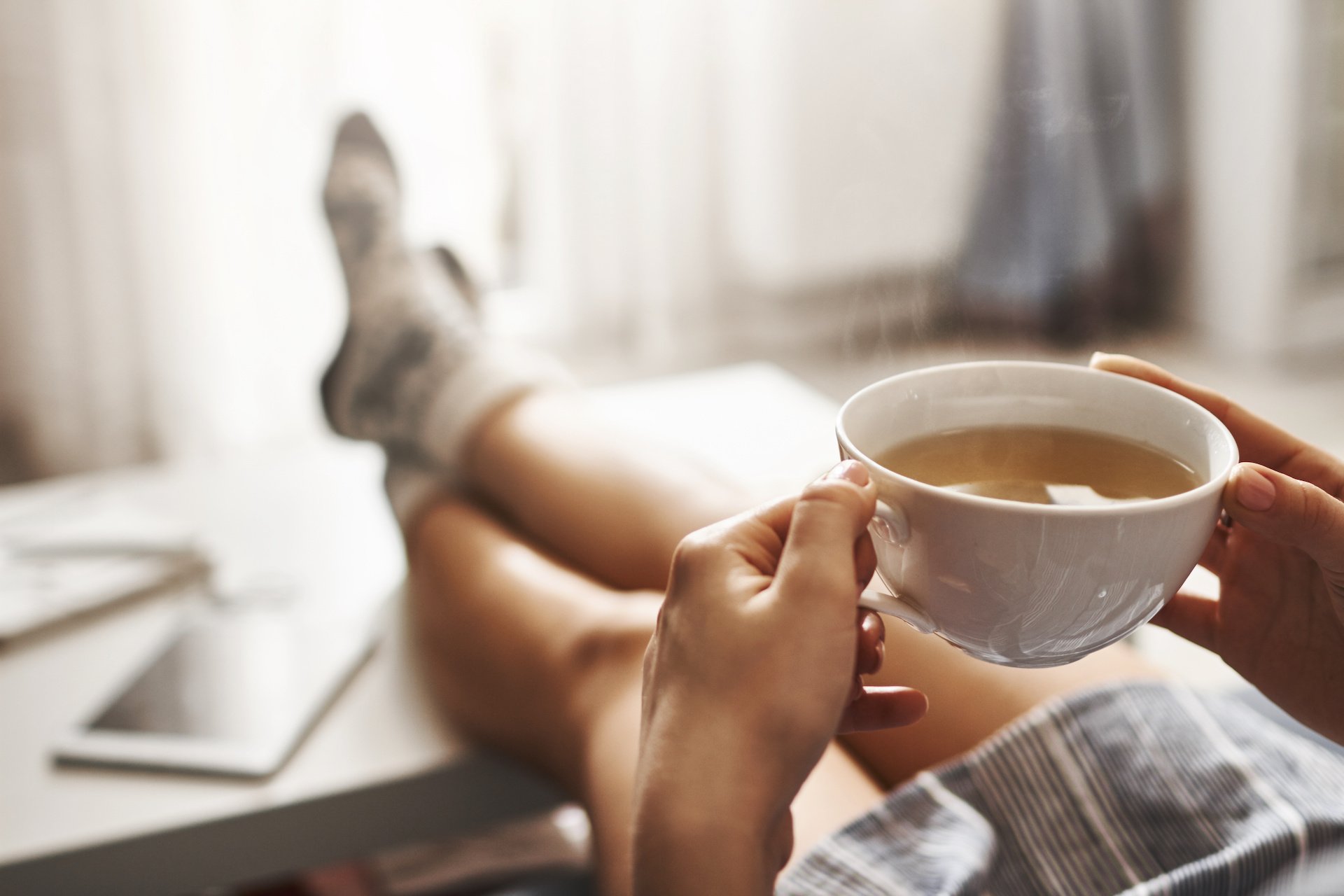
| Photo: Adobe Stock
The British are known as a nation of tea drinkers, and making a brew the old fashioned way in a pot with a strainer is a tradition that slows us down. Other cultures have elevated tea drinking to an art form. In Japan for instance the Tea Ceremony is famously complex and ritualistic.
Herbal teas can offer great relief and offer anti-anxiolytic properties. German Chamomile (Matricaria recutita) is really relaxing and beneficial before sleep. Lemon balm (Melissa officinalis) is well known for its gentle mood, uplifting and relaxing qualities, and grows in abundance in the UK.
Fresh herbs can be used to make tea as well as dried. Linden Lime flowers and leaf (Tilea X Europea) is another fabulously relaxing tea which also helps reduce hypertension, and combines well with a little rosemary.
Try to be kind
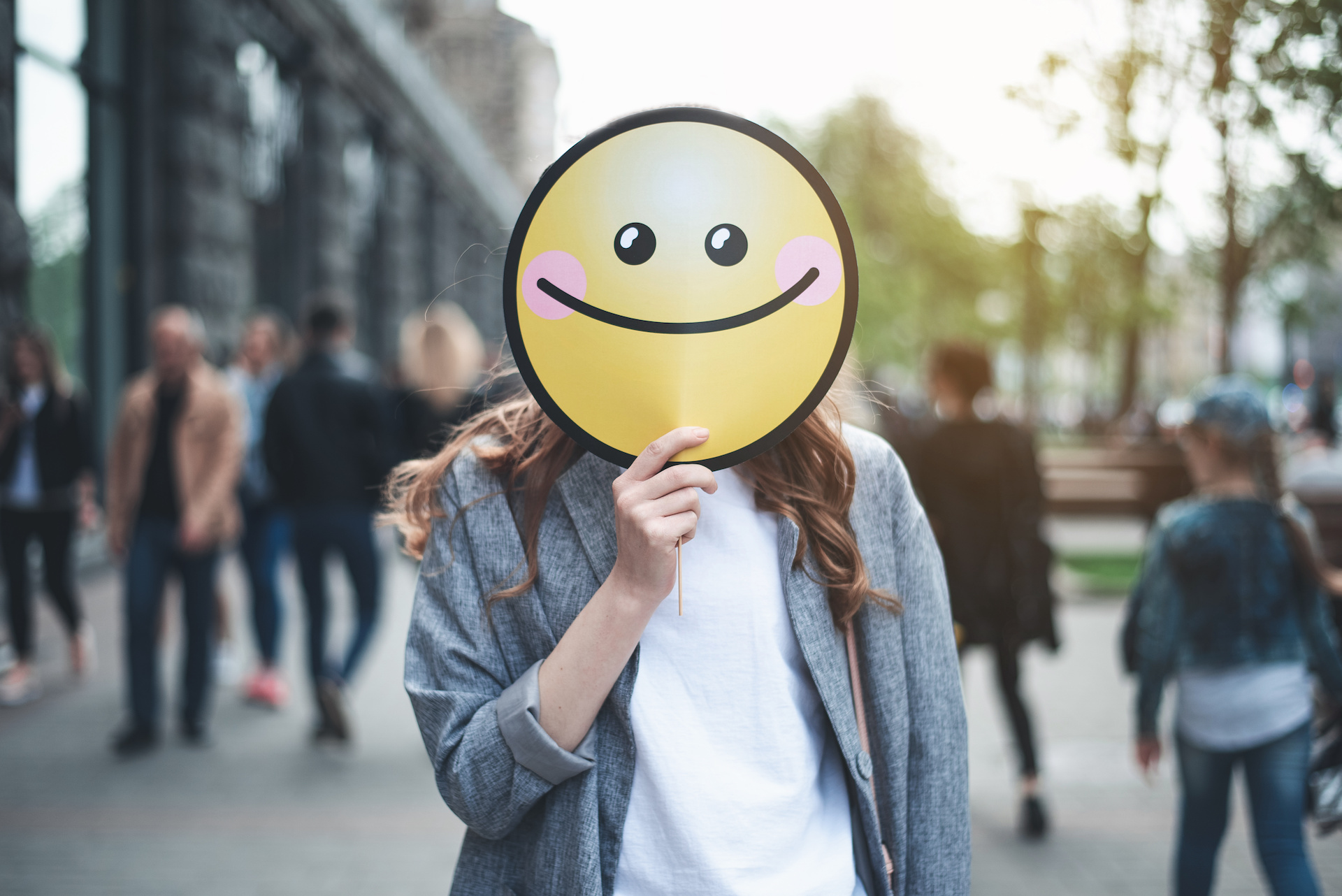
| Photo: Adobe Stock
We live in trying times, post covid stress levels are at an all time high, and tempers are easily frayed. Try to be kind: small acts of courtesy and a smile (which you can see without a mask!) go a long way to improving happiness.
Recognise that we’ve all been through this, and generally people have been really incredibly supportive of each other. Let’s try and keep that good-will going in our new post-covid world.
— Written with the assistance of Heartwood Herbal Medicine Students Kerry Harvey and Rosie Tattersall



